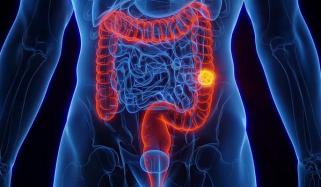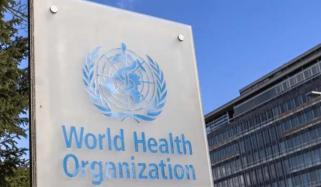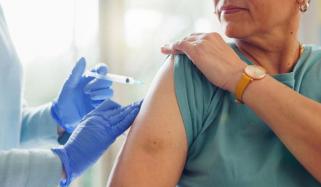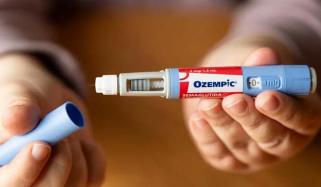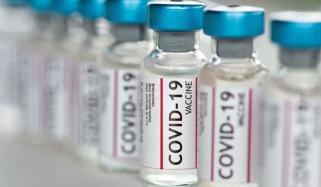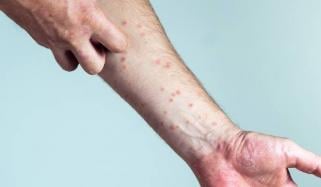
The US Food and Drug Administration (FDA) has banned the use of synthetic red dye used in foods and beverages for the bright, cherry-red hue.
According to BBC, the FDA announced on Wednesday, January 15, 2025, that manufacturers can no longer use the dye known as red No. 3 or red dye 3 after it caused cancer in male laboratory rats.
Dye no. 3 is commonly used in candy, cakes, cookies, frozen desserts, and frosting, as well as some medicines.
Announcing the decision to ban red dye 3, the FDA stated that it was “taking action that will remove the authorisation for the use of FD&C Red No. 3 in food and ingested drugs. Evidence shows cancer in laboratory male rats exposed to high levels of FD&C Red No. 3. Importantly, the way that FD&C Red No. 3 causes cancer in male rats does not occur in humans.”
Furthermore, despite the fact that normal exposure to the dye is lower in humans as compared to the rats in the study, the agency banned it because of the Delaney Clause.
Delaney Clause “prohibits FDA authorisation of a food additive or colour additive if it has been found to induce cancer in humans or animals.” Previously, the clause was used to ban certain synthetic flavours in 2018.
Notably, the FDA has given the manufacturers that use the dye in food a deadline of two years to reformulate their products, while the drug makers have three years to reformulate.



